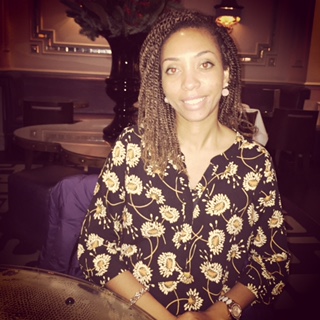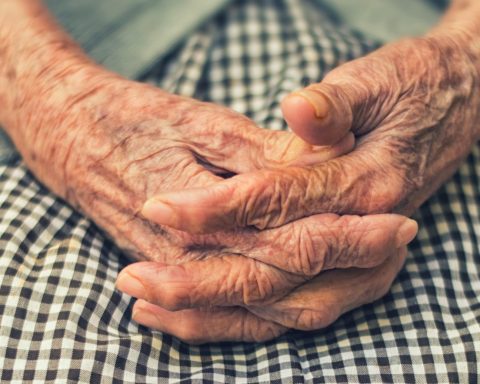 Aisha Yahaya is a GP ST2 with Imperial VTS who has an interest in effective communication with patients, writing and a yearly resolution to save her guitar from the dusty corner in which it sits.
Aisha Yahaya is a GP ST2 with Imperial VTS who has an interest in effective communication with patients, writing and a yearly resolution to save her guitar from the dusty corner in which it sits.
Increasingly, I learn more about the way of the world by looking through the eyes of my patients. As I reflect on my time spent in a large urban GP surgery, I share my feelings and what I learnt from the patient narrative.
Bravery, active listening and understanding. Very often, a patient will come with a problem that has troubled them for a while and their appointment with me is the first time they have mustered enough courage to seek help. I was faced with this scenario when a patient told me they were uncomfortable with their identity and wanted to change this. In this case I learnt about bravery. Patients take steps to help themselves by asking me for help or guidance. This is a sign of strength and it gives me a chance to empower them to take control of their health, wellbeing and happiness. I often expect patients to trust me easily and follow my advice, which makes me question why they would do so and how willing I would be to do the same if in their shoes.
I am aware of how perceptive patients can be of their doctor’s mood and a balance must be struck when navigating my feelings and theirs. The difference between a successful or disastrous consultation could be the blank gaze I give a patient if my mind is elsewhere, compared with a simple nod of acknowledgement or the offer of a tissue when they are crying. In a room with just the patient and me, there is nowhere to hide and this allows vulnerability to thrive. In order to gain a patient’s trust I have found that putting them at ease and inviting open dialogue goes a long way. There is a reason why patient satisfaction questionnaires that are mostly aimed at a doctor’s attitude towards a patient rather than their breadth of knowledge, which of course goes without saying.
Bigger is not always better. I am sometimes disheartened when I feel I have not made a difference to my patient’s problem. Despite this, I learnt that whatever the patient describes as a positive effect could be more important than what I think is significant or obvious. For example this could be the case of a simple lifestyle change in a patient with low mood or chronic disease. My GP trainer picked up on a management plan from my entry in a patient’s medical notes during a follow up appointment and asked the patient about it. The plan was a single goal that the patient and I were confident they could achieve. My trainer told me that the documentation and acknowledgement of this plan made the patient feel as though they had been listened to and taken seriously. I find this encouraging and hopefully the patient felt as though they had genuine support from me and the other doctors.
My job as a GP trainee often doubles up as a life school where sometimes the most important lessons are learnt. As always, I look forward to the next one.







Great post Aisha.